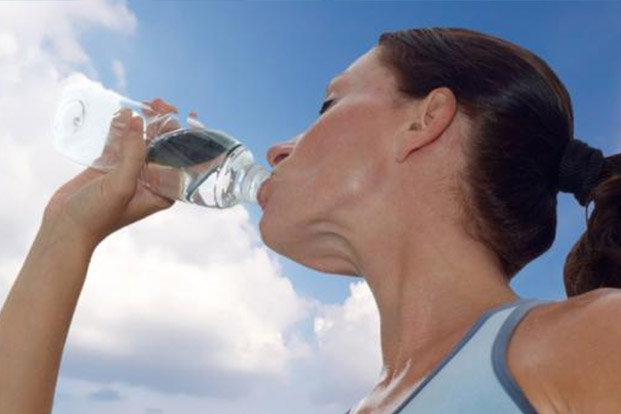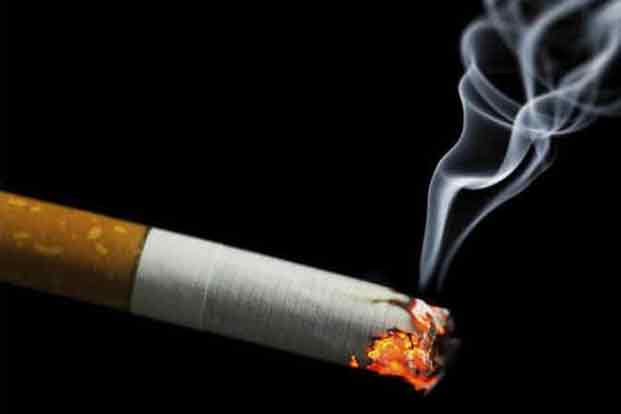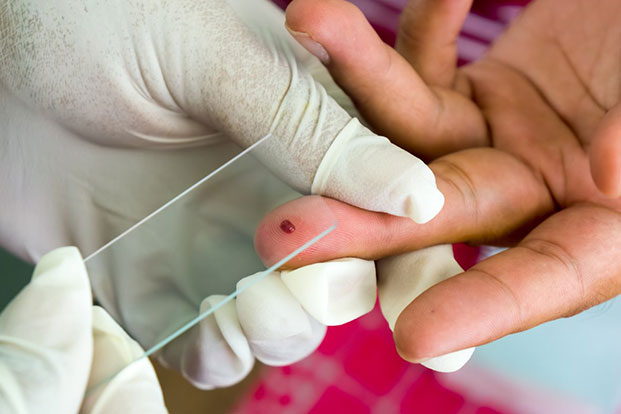Categories
- Bariatric Surgery (11)
- Black Fungus (5)
- Bone Marrow transplant (3)
- Brain Tumor Surgery Navigation Technology (20)
- Cardiac Surgery (66)
- Cardiology (97)
- Computer navigation technology for joint replacements (20)
- Covid Vaccination (17)
- Critical Care (2)
- Dental (19)
- Dermatology (31)
- Dialysis Support Group - “UTSAAH” (11)
- Dietitian (33)
- Emergency Medicine (4)
- Emotional Health (11)
- Endocrinology (33)
- ENT (20)
- Gastroenterology and GI Surgery (53)
- General and Laparoscopic Surgery (21)
- General Surgery (4)
- Gynecology & Obstetrics (183)
- Hematology (20)
- Internal Medicine (294)
- Kidney Transplant (50)
- Kidney Transplantation (20)
- Lung Cancer (8)
- Minimal Invasive Surgery (1)
- Mother & Child (20)
- mucormycosis (5)
- Nephrology (61)
- Neurology (147)
- Neurosurgery (68)
- Nutrition and Dietetics (107)
- Omicron Variant (1)
- Oncology (288)
- Ophthalmology (10)
- Orthopaedics & Joint Replacement (86)
- Paediatrics (59)
- Pediatric Nephrology (3)
- Physiotherapy (5)
- Plastic & Reconstructive Surgery (6)
- Psychiatry and Psychology (90)
- Psychologist (28)
- Pulmonology (72)
- Rheumatology (13)
- Spine Services (21)
- Transradial Angioplasty (16)
- Urology (84)
Query Form
Posted on Apr 19, 2022
Signs & Symptoms of Dehydration
The human body is the perfect machine which god has given us. We abuse it, in as many ways we can. Dehydration is one such method. Dehydration is the deficiency of water in the body. Dehydration could be due to increased loss of water from the body e.g. loose stools or vomiting or increased sweating.
Dehydration and Symptoms:

50-65% (average 60%) of our body is made up of water. Its deficiency can cause many effects. When a person has dehydration, it could be mild or severe. Mild dehydration means that person will be thirsty,alert but restless. His tongue will be moist, his/her heart rate & BP will be normal but even at this stage 4-5% of body weight could be lost & estimated fluid deficit will be around 50ml/kg.
Severely dehydrated patient will be drowsy, sweaty, cold to touch with loss of thirst, blood pressure will be low with increased heart rate. The tongue will be dry. Urine will be dark coloured & decreased in quantity. Headache and cramps are common in such patients. On pinching skin – pinched skin retracts very slowly (Normal skin retracts immediately). As much as 10% or more of body weight is lost. Fluid deficit in these patients is around 100ml/kg.
Best way to know if you are dehydrated:
Practical tip – Being thirsty is not always a very reliable parameter for the body’s water requirement especially in young children and older people. A better and reliable indicator is the colour of the urine
(a) Clear urine means body is well hydrated
(b) Dark coloured or yellow urine means dehydration.
Note – dark yellow coloured urine is also present in jaundice but its dark colour does not change despite consuming good quantity of water.
It is a well-established fact that regardless the cause of diarrhoea and age of patient the main stay of treatment of dehydration is oral rehydration therapy (ORT). Where ORT is not possible due to repeated vomiting – intravenous therapy should resorted to.
Note:
- Electral power or ORS packets are freely available in medical shops. Home remedies – 1 glass of water with 2 spoons of sugar & pinch of salt.
- ‘Resting the gest’ during diarrhoea is a wrong concept – person should eat soft diet.



